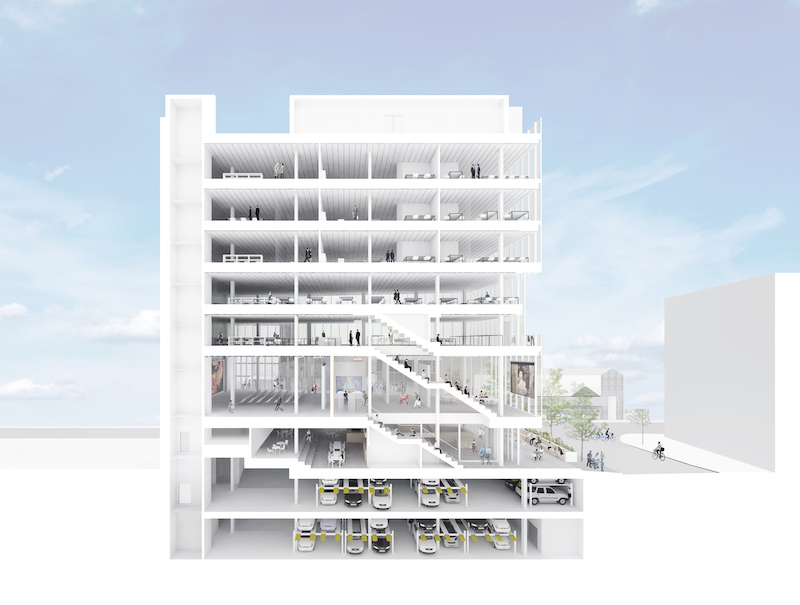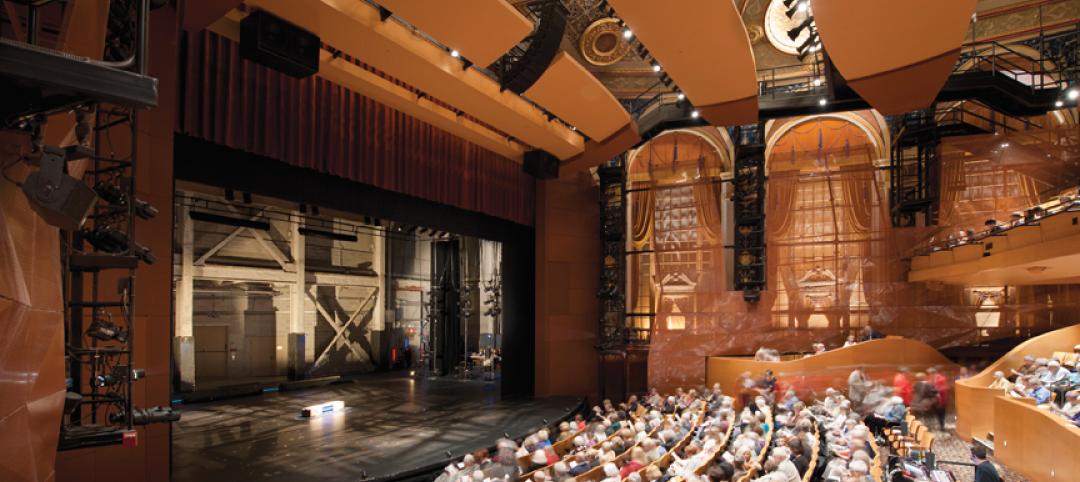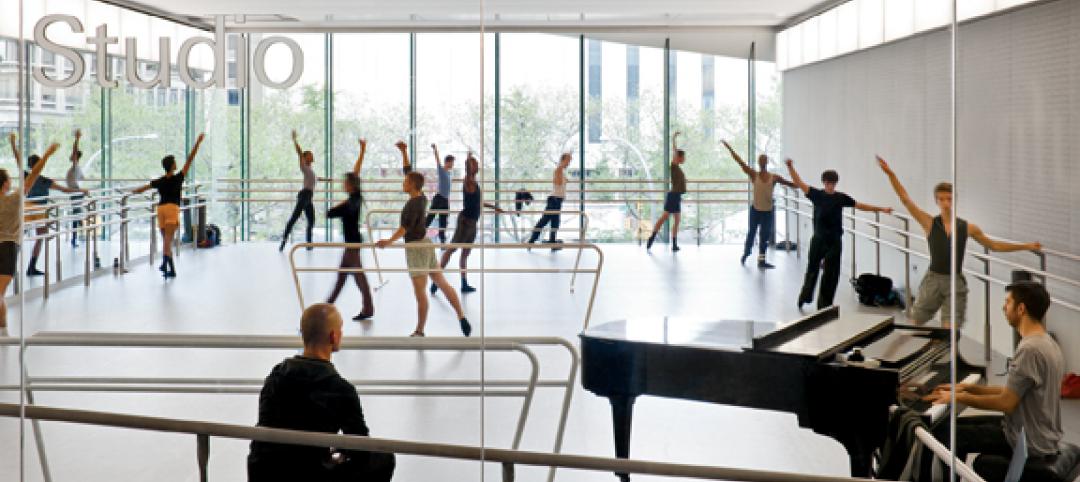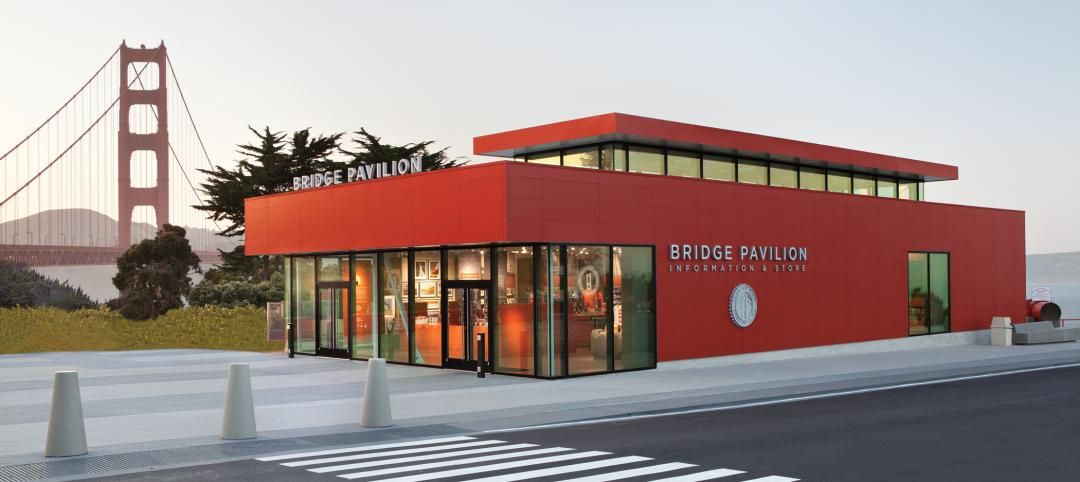Hartford, Conn.-based JCJ Architecture traces its roots to 1936, when the U.S. was just coming out of an economic depression and its unemployment rate was still 14%. In 2021, with the country trying to recover economically from the impact of the coronavirus, and with questions about social inequity entering the public debate as rarely before, JCJ has focused its design work on projects and clients that are committed to social responsibility and advocacy, particularly for underserved or marginalized communities.
The firm that is 100% owned by its 120-plus employees, JCJ has a “long history” of designing buildings for people in need, says Peter Bachmann, a Principal. Over the years, that work has included senior living, public schools, and working with Native American tribes. More recently, a “natural progression” for the firm, says Bachmann, has been to seek design work that benefits immigrants and people with disabilities.
PROJECTS THAT WILL LEND HELP TO MARGINALIZED
Bachmann points to three projects in various stages of development that he says illustrate his firm’s commitment:
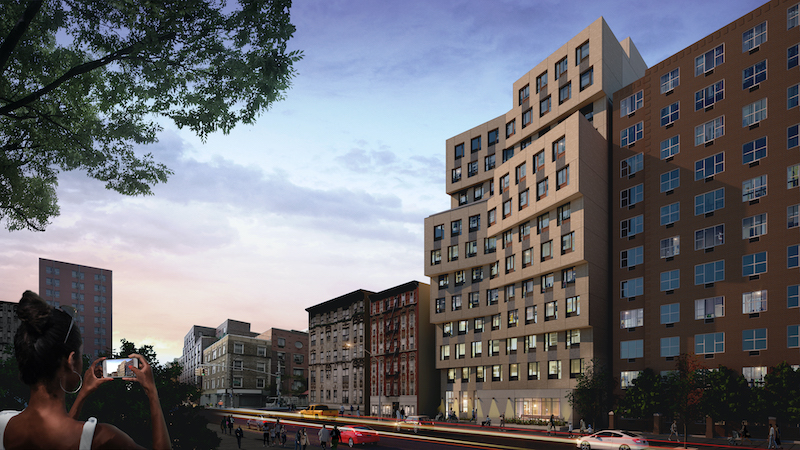 A rendering of the Freedom Village that would provide housing for the physically disabled adults.
A rendering of the Freedom Village that would provide housing for the physically disabled adults.
• JCJ has been working with Barrier Free Living, which provides emergency shelter for victims of domestic violence, to design a “Freedom Village” on the Lower East Side of Manhattan that will provide temporary and supportive housing for adults with significant physical disabilities. The construction documents have been completed for this project, whose construction could get started this summer, Bachmann says.
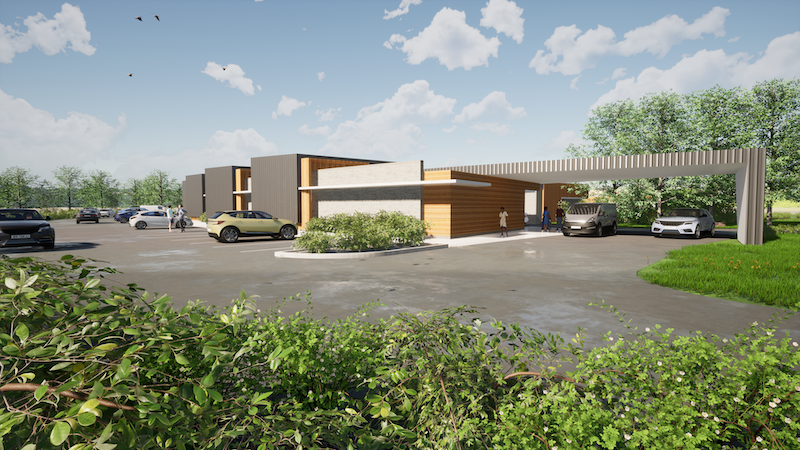 Ohio intends to roll out 10 Adult Advocacy Centers for which JCJ designed the prototype.
Ohio intends to roll out 10 Adult Advocacy Centers for which JCJ designed the prototype.
• The construction documents are also ready for a prototype facility JCJ designed for Adult Advocacy Centers, a disability victim services agency. The resulting building would be the first of its kind to serve adult crime victims with disabilities. The prototype—part of a 10-center rollout in Ohio that’s been on hold because of the COVID 19 outbreak—is composed of five pods, each strategically designed to support different categories of disability: hearing and visual impairments, mental illness, physical mobility, and clients in crisis or with intensive medical needs.
Bachmann spoke of “trauma-informed design” that, in the prototype, accounts for residents’ psychological sensitivity to light, sound, and movement. For example, the single-story building’s windows are above eye level so that residents aren’t startled by people they might see on the street. The design also avoids skylights so that birds flying overhead don’t alarm fragile residents.
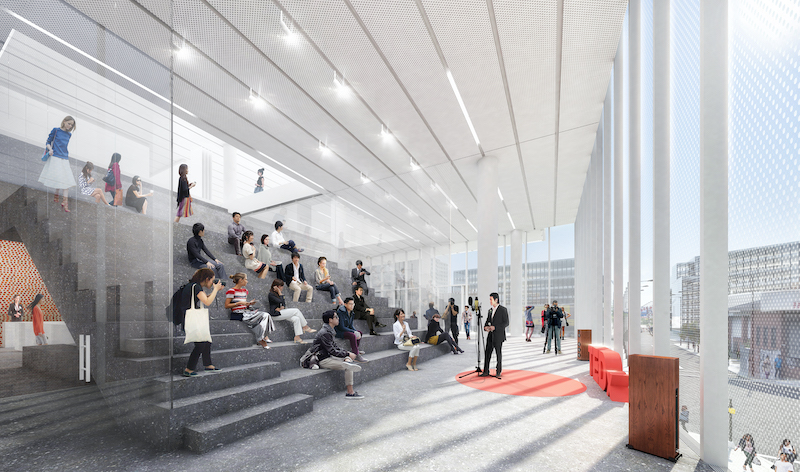 The Center for Community & Entrepreneurship will include a first-floor incubation space.
The Center for Community & Entrepreneurship will include a first-floor incubation space.
• The Asian Americans for Equality has enlisted JCJ to design its Center for Community & Entrepreneurship, a 65,000-sf, four-story building in Flushing, Queens, the New York borough with the city’s largest Asian population. The Center’s first floor will include incubator space for startup businesses and a mini food hall. The upper three floors will provide casual and formal meeting and training rooms. The goal of this building—whose construction docs are completed—is to provide spaces that support individual interaction, community events, retail and office opportunities, and a social services hub.
LOCAL SUPPORT, IN DIFFERENT WAYS
Bachmann says that community involvement has been central to the success of these projects. “We can never presume to know the skin that someone is living in,” he explains. “We don’t just come in and tell clients what to do. We support social change by giving different populations a voice in the design of facilities. We listen and try to ask the right questions.”
JCJ is involved in its communities in other ways, too. It is a supporter of the ACE Mentor program, which educates high school students about AEC careers. Each of the firm’s offices also makes cash donations local charities.
On a personal level, Bachmann says he’s gained “a better understanding” about how design can impact people in need from his 31-year-old daughter Maya, who is intellectually disabled.
Related Stories
| Feb 5, 2013
8 eye-popping wood building projects
From 100-foot roof spans to novel reclaimed wood installations, the winners of the 2013 National Wood Design Awards push the envelope in wood design.
| Jan 31, 2013
More severe wind storms should prompt nationwide reexamination of building codes, says insurance expert
The increased number and severity of storms with high winds nationally should prompt a reexamination of building codes in every community, says Mory Katz, vice president, Verisk Insurance Solutions Commercial Property, Jersey City, N.J.
| Oct 4, 2012
2012 Reconstruction Awards Silver Winner: Allen Theatre at PlayhouseSquare, Cleveland, Ohio
The $30 million project resulted in three new theatres in the existing 81,500-sf space and a 44,000-sf contiguous addition: the Allen Theatre, the Second Stage, and the Helen Rosenfeld Lewis Bialosky Lab Theatre.
| Aug 7, 2012
Shedding light on the arts
Renovating Pietro Belluschi’s Juilliard School opens the once-cloistered institution to its Upper West Side community.
| Aug 7, 2012
Suffolk Construction builds new Boston Tea Party Ships & Museum
Construction management firm links history with the future by building museum using state-of-the-art virtual models and BIM technologies.
| Aug 7, 2012
Essex Builders to build church in Somerville, Mass.
The project’s design documents were prepared by Boston Bay Architects and reflect the church’s mission to serve the broader community as well as worship.
| Jun 22, 2012
Golden Gate Bridge Celebrates 75 Years With the Opening of New Bridge Pavilion
With features such as Nichiha's Illumination series panels, super-insulating glass units, and LED lighting, the new Golden Gate Bridge Pavilion not only boasts the bridge's famous international orange, but green sustainability as well
| Jun 22, 2012
Revitalization Efforts Advance in Hackensack, N.J.
Work progresses on Cultural and Performing Arts Center and Atlantic Street Park
| Jun 1, 2012
New BD+C University Course on Insulated Metal Panels available
By completing this course, you earn 1.0 HSW/SD AIA Learning Units.
| May 29, 2012
Reconstruction Awards Entry Information
Download a PDF of the Entry Information at the bottom of this page.


